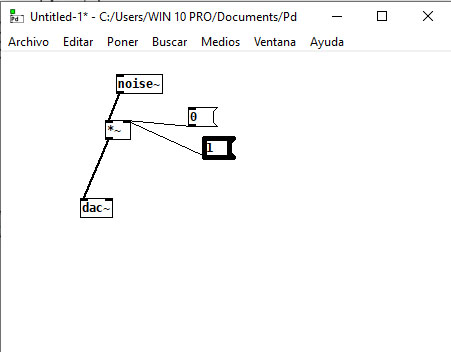-
MDobleZ
posted in libpd / webpd • read moreIs it possible to read the individual samples obtain by a PD patch through a microphone in an Android app? I want to try a pitch-tracking algorithm.
-
MDobleZ
posted in technical issues • read moreThanks for all the replies. I'm gonna look into them.
-
MDobleZ
posted in technical issues • read more@FFW I want to incorporate the patch in a python code; like we do with Android.
-
-
-
MDobleZ
posted in technical issues • read moreThanks, @jaimeslo, the problem was I was using the camera microphone.
-
-
MDobleZ
posted in libpd / webpd • read moreI ended up copying and pasting from a previous app that was working fine. I cannot say I know what solved the problem, but at least it worked.
-
MDobleZ
posted in libpd / webpd • read moreI'm not sure about libpd, the app was apparently 32, but I followed the steps found online to make the change and they don't see to do anything.
-
MDobleZ
posted in libpd / webpd • read moreNone. The app is compiled perfectly, it does everything it's supposed to do, but when I upload it to play store, I get this message and doesn't let me upload it.

